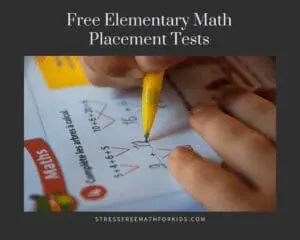

If you are a tutor, intervention teacher, or parent looking for a way to individually assess an individual child’s math skills, here are some free elementary math placement tests you can use.
Before I go into the lists, I need to say that as a tutor I don’t usually start with an actual test. For my initial assessment, my favorite things are to play a game from Math for Love (Prime Climb for third grade and up, Tiny Polka Dot for under third grade) and to give the child some math manipulatives (usually Math U See blocks or Cuisenaire Rods) and watch the way they play/explore. While they are playing I talk to them about math in a casual way, asking what they like or don’t like about math, what their math experiences have been, etc. The combination of these two things gives me a very good idea of a child’s number sense and attitude toward math. More importantly, the child starts associating fun with math!
However, when you need to quickly know the specific skills a child has or doesn’t have, or to have some quantitative data, here are some good options.
Many homeschool curriculums have free placement tests/assessments available online. Even if you are not a homeschool parent, or not planning to use that particular curriculum, these can be useful for assessing a child’s math skills
In my opinion if you are not actually planning to buy a homeschool curriculum the most helpful tests are Math Mammoth’s free printable diagnostic placement tests for grades 1-7. While they are indeed designed to be used with the Math Mammoth curriculum, the site itself says they “work equally well as GENERIC math assessment tests.” The tests group questions by topic so you can easily see which topics your student understands and where they need more help. Since Math Mammoth sells individual textbooks on specific topics, their tests are more useful for pinpointing students’ strengths and weaknesses than the tests designed to put students in a level of a particular curriculum.
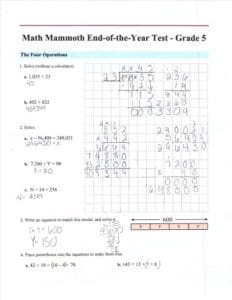
Math U See has two versions of placement tests. These printable tests are for classroom teacher use and go all the way from kindergarten to calculus. For homeschool parents, there is a series of yes/no questions for parents to answer about their child’s math skills. Right Start offers a similar yes/no diagnostic tool for parents. They do not have a printable student test option.
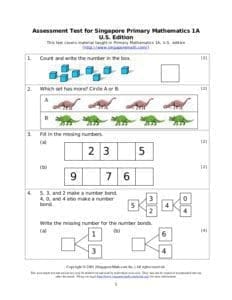
Lifepac has a single test for grades 1-8. You start your student in whatever section you think is appropriate and they go as far as they can. They suggest you start two grade levels below student’s current level in order to identify learning gaps.
For teacher created options, Jennifer Findley has made free math pre assessments for the beginning of the school year for grades 3-5. These are quick one page assessments.
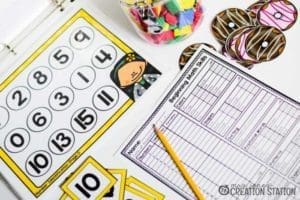
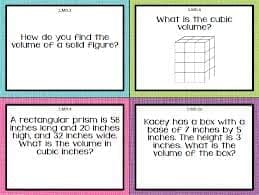
If you want a diagnostic math test aligned with Common Core, there are free tests available for kindergarten-high school at the Varsity Tutors website. You will have to create a free account.
Common Core Mathematics Assessments is a free site (no account required.) It has 400 free Common Core aligned assessments for grades kindergarten- high school geometry. They also have corresponding Excel spreadsheets for teacher data collection. However, they are separate assessments for each standard, so not useful as a general diagnostic test.
While I am not personally a big fan of Pearson, if you do want to use a PARCC practice test to assess your child’s level, both online and paper based practice test options for grades 3 through Algebra II are available here (no account required.)
The Texas Education Agency has free rapid assessment tools and flexible interview assessment for grades K-2. A teacher/tutor will use these to assess one child at a time using manipulatives and asking questions. The tasks assess specific standards. (while the site does have diagnostic resources for grades 3-8 they are currently only available to Texas public school teachers.)